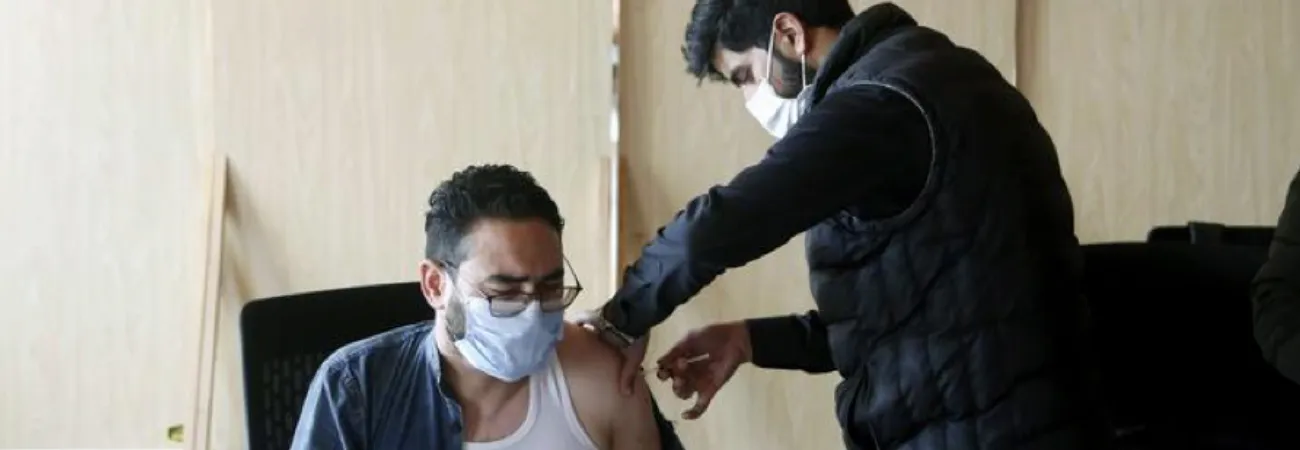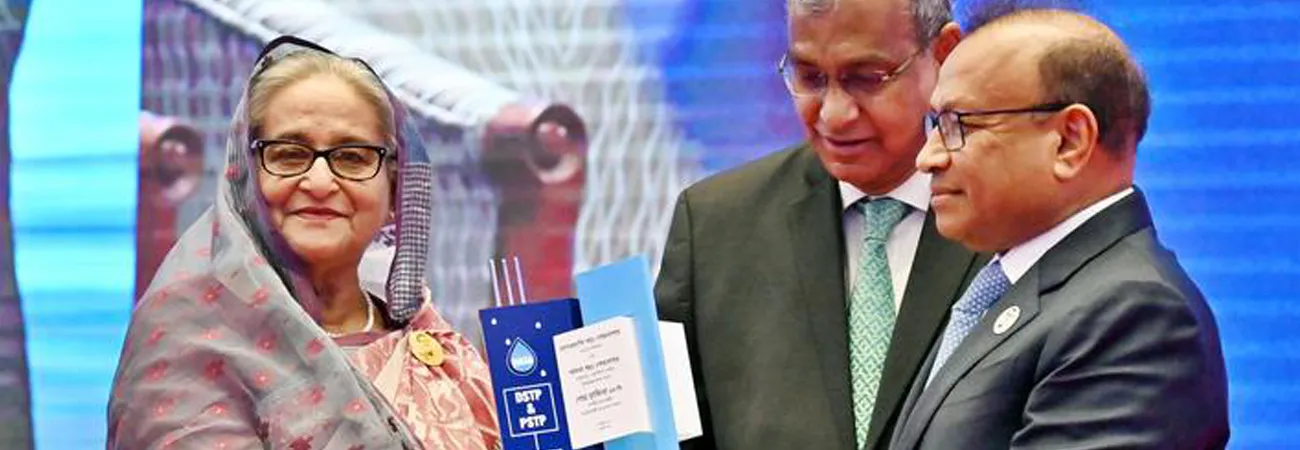XINHUA-PAKISTAN SERVICE
ISLAMABAD, May 07 (INP): There should be strong academic, research and innovation linkages amongst the higher education institutions in Belt and Road Initiative (BRI) countries. Through strong academic linkages, we can strengthen the overall aim and mission of BRI in its true essence.
This was stated by the speakers of webinar on Building Academic Linkages within BRI countries organized by Friends of Belt and Road Initiative (BRI) Forum, an initiative by the Institute of Peace and Diplomatic Studies, with distinguished speakers from different countries of the world.
While moderating the discussion, Ms. Farhat Asif, Founder President, IPDS shared the reasons behind hosting such an important discussion. Mr. Asif Noor, Founder Friends of BRI Forum, shared the importance of establishing the forum. Prof. Dr. Wang Li Professor, Security, and Diplomacy, School of International and Public Affairs, Jilin University, China, said through the stronger cooperation between China, Russia, Pakistan, and Iran, peace, and stability in the region can be restored. This can also promote cooperation with the BRI.
Dr. Manzoor Soomro, Vice President, Belt and Road International Science Education Coordinating Committee, said that there is a need to create strong academic and research linkages on science and technological advancement from China to BRI countries vice versa. Dr. George N. Tzogopoulos, Director, EU-China Programmes, Centre international de formation européenne (CIFE), France, said that China and EU can cooperate to promote strong linkages in all spheres.
Prof. Dr. Hong Mi, School of Public Affairs, Zhejiang University, China, highlighted that COVID-19 pandemic requires stronger partnership amongst scientists and academics to curb the virus through better knowledge. Prof. Dr. Zholdasbekova Akbota Niyazovna, Vice Rector for International Cooperation, L.N. Gumilyov Eurasian National University, Kazakhstan, highlighted that BRI was announced in Kazakhstan and there is a strong partnership between Kazakhstan and China on issues of mutual trust, especially academic and scientific linkages.
Dr. Razia Sultana, Vice-Chancellor, Shaheed Benazir Bhutto Women University, Pakistan, said that there is need to collaborate more amongst Universities through innovation and scholarship to students and exchange of faculties. Dr. Gholamali Chegnizadeh, Head of the Center for China Studies, Allameh Tabataba’i University, Iran, gave an idea to create a network of Universities and HEI on BRI countries to contribute innovatively towards BRI.
Prof. Zhou Rong, Visiting Professor, China Renmin University, China, said that there is a need to have more literature produced, scientific knowledge to be shared amongst the academics on BRI countries and finally, Mr. Qais Mohammadi, Head of Economics Department, Kardan University, Afghanistan, said that Afghanistan has a huge potential to contribute meaningfully towards the overall objectives of BRI.
A large number of academics and students, researchers, and faculty members attended the Webinar from across the world. These are the series of webinars that IPDS and Friends of BRI Forum will continue to host in the future to promote strong linkages amongst BRI countries.
INP/SB





